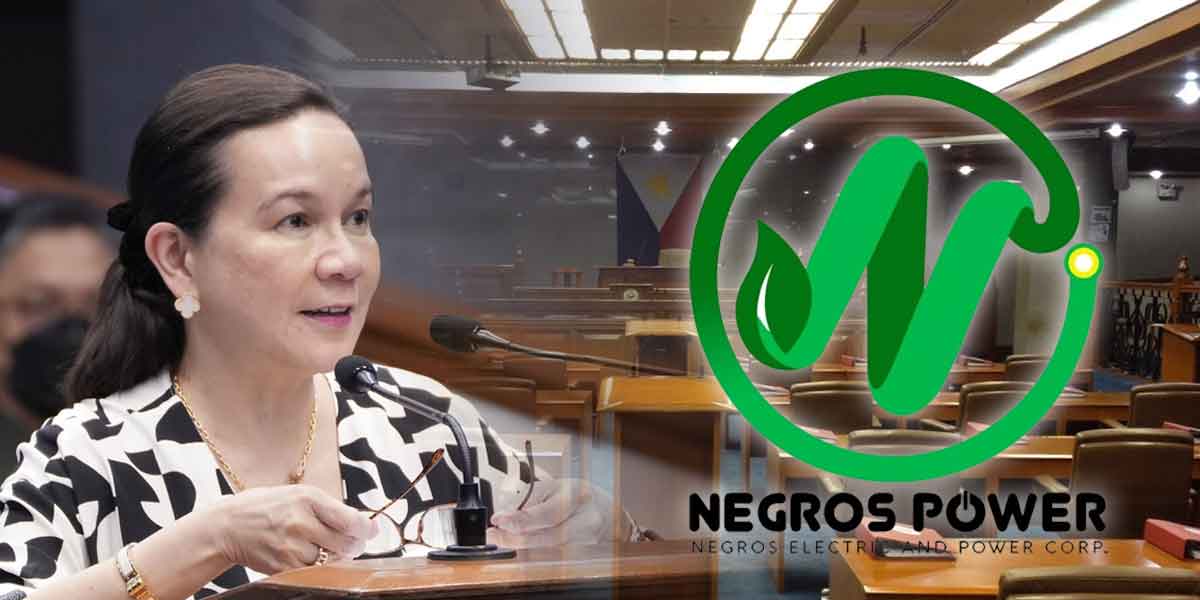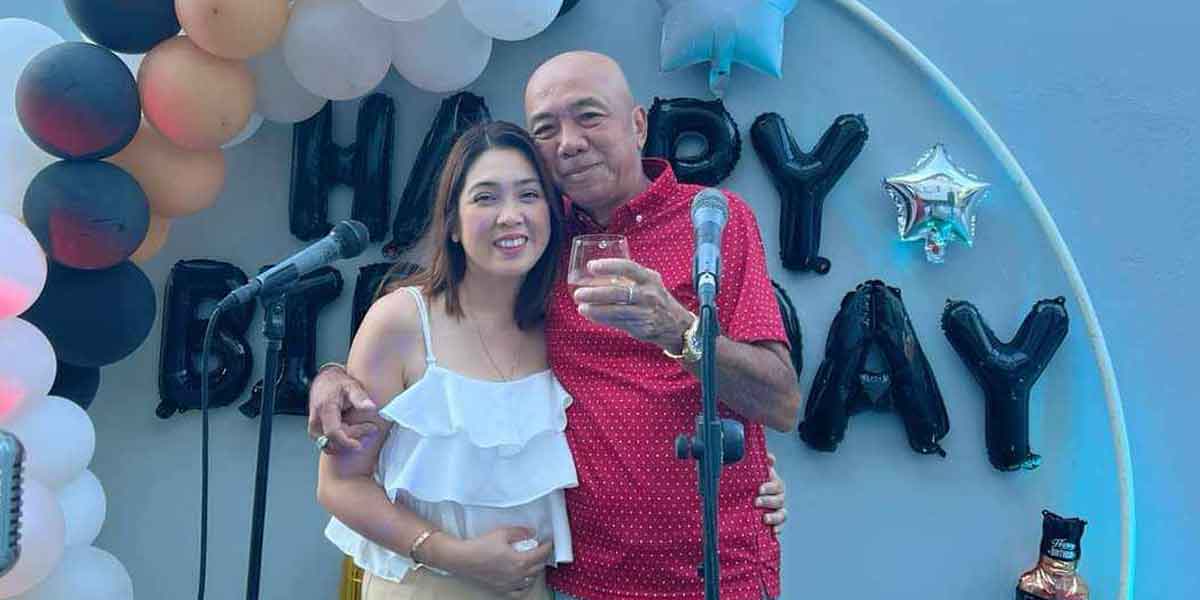
By Dolly Yasa
BACOLOD CITY — Senator Grace Poe is calling on her Senate colleagues to approve the franchise bill for Negros Electric and Power Corporation (NEPC), emphasizing the public’s needs.
In a privilege speech Monday, Poe said, “Power distribution is just one of the sectors of the electric power industry but carries more public impact as a direct distributor of electricity to end-users.”
She noted the high demand for distribution utilities to meet their obligations as public service providers.
House Bill No. 9805, stemming from a public clamor for improved power services in Negros Occidental, seeks to grant a franchise to NEPC—a partnership formed through a joint venture agreement between Primelectric and Central Negros Electric Cooperative (CENECO), the current power distributor in Bacolod, Bago, and Silay, and the municipalities of Murcia and Talisay in Negros Occidental.
Poe highlighted the region’s significant growth, including within CENECO’s franchise area.
However, she expressed concerns about CENECO’s struggles to keep up with increasing power demands, citing its inability to upgrade facilities due to financial constraints.
The National Electrification Administration (NEA) reported that CENECO is operating at a loss and has been unable to pay its debts promptly, leading to a Yellow-1 classification for poor performance in several operational aspects in 2023.
“NEPC is ready and willing to invest capital to modernize the distribution system and address these operational challenges,” Poe said. She believes this investment will benefit not only the franchise area but also the wider power sector and the Philippine economy.
Reflecting on MORE Power’s achievements in Iloilo since 2019, Poe noted that “Consumers now enjoy lower rates, vast improvements in facilities, and better customer service.”
Addressing concerns about the legality of the joint venture and the execution of a plebiscite during a committee public hearing, Poe explained:
- Section 16 of Presidential Decree No. 269 authorizes electric cooperatives like CENECO to enter into contracts. Thus, the execution of the JVA is a decision for CENECO.
- Under NEA guidance, the JVA, considered a sale of CENECO’s assets, must comply with Section 36 of Presidential Decree No. 269, which requires a majority vote from cooperative members and NEA consent.
- Regarding allegations of plebiscite irregularities, position papers from regulators and local government units affirm the integrity of the plebiscite, with no substantial reports or actions filed to challenge the results.
- Regarding employee concerns, those affected by the transition will receive due retirement or separation pay. NEPC has expressed a preference for hiring qualified employees who choose to leave CENECO.
Poe emphasized her optimism that improved power distribution utilities will pave the way for better and more expansive service across the country.
“Let me end by saying that as members of the legislative branch, we must remain open to changing times—whether encouraging renewable energy investments or supporting more robust power sector investments,” she added.
Poe also thanked her colleagues for their support and timely signing of the committee reports.





















